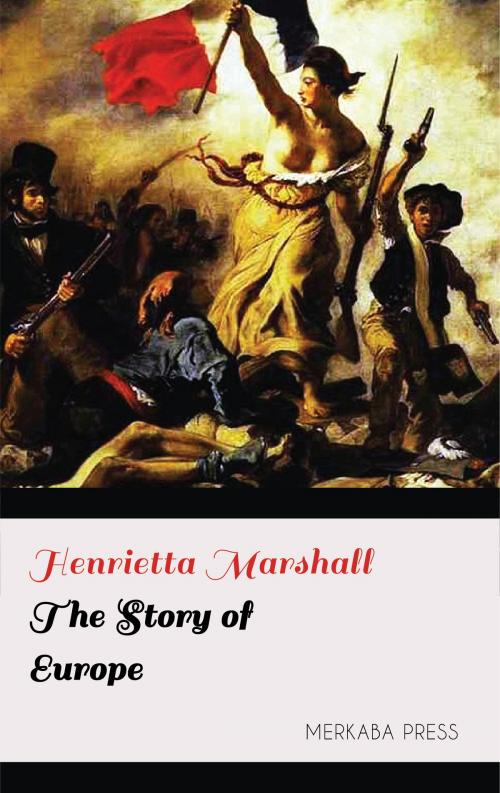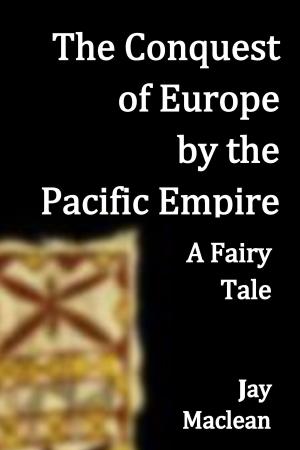| Author: | Henrietta Marshall | ISBN: | 6610000019083 |
| Publisher: | PublishDrive | Publication: | July 7, 2017 |
| Imprint: | Merkaba Press | Language: | English |
| Author: | Henrietta Marshall |
| ISBN: | 6610000019083 |
| Publisher: | PublishDrive |
| Publication: | July 7, 2017 |
| Imprint: | Merkaba Press |
| Language: | English |
IN the first centuries of our era the one great power of the world was Rome. All southern Europe bowed beneath the conquering sword of the Romans. Africa and Asia, too, owned their sway. For the Mediterranean, the great trade route of the then known world, was theirs, and the countries bordering upon it became mere provinces of Rome. Even the uttermost islands felt their might, and sailing beyond the "narrow seas," Cæsar set his hand upon the island of Britain. From the Rhine and the Danube in the north, to the desert of Sahara in the south, from the borders of Wales in the west, to the Euphrates and the Tigris in the east, the empire stretched.
Of this wide empire Rome was the capital. Secure upon her seven hills she sat, mistress of the world, a city without rival, until in A.D. 330 the Christian emperor Constantine the Great resolved to build a new Rome upon the shores of the Bosphorus. Constantine called his new city New Rome. But men did not take readily to the name, and the capital upon the Bosphorus became known as Constantinople, or the city of Constantine. It is difficult to-day to remember that Constantinople was founded by a Christian, and was at one time the bulwark of Christianity against the Turk.
The Romans called themselves lords of the world. And so it seemed they were. All the trade and skill, all the art and learning of the known world, were theirs. Beyond the borders of the Roman Empire the world was given over to wild barbarians, who were skilled neither in the arts of war nor of peace. That the civilization of Rome should go down before their ignorance seemed impossible. Yet the barbarian triumphed, Rome fell, and the mighty empire crumbled into dust...
IN the first centuries of our era the one great power of the world was Rome. All southern Europe bowed beneath the conquering sword of the Romans. Africa and Asia, too, owned their sway. For the Mediterranean, the great trade route of the then known world, was theirs, and the countries bordering upon it became mere provinces of Rome. Even the uttermost islands felt their might, and sailing beyond the "narrow seas," Cæsar set his hand upon the island of Britain. From the Rhine and the Danube in the north, to the desert of Sahara in the south, from the borders of Wales in the west, to the Euphrates and the Tigris in the east, the empire stretched.
Of this wide empire Rome was the capital. Secure upon her seven hills she sat, mistress of the world, a city without rival, until in A.D. 330 the Christian emperor Constantine the Great resolved to build a new Rome upon the shores of the Bosphorus. Constantine called his new city New Rome. But men did not take readily to the name, and the capital upon the Bosphorus became known as Constantinople, or the city of Constantine. It is difficult to-day to remember that Constantinople was founded by a Christian, and was at one time the bulwark of Christianity against the Turk.
The Romans called themselves lords of the world. And so it seemed they were. All the trade and skill, all the art and learning of the known world, were theirs. Beyond the borders of the Roman Empire the world was given over to wild barbarians, who were skilled neither in the arts of war nor of peace. That the civilization of Rome should go down before their ignorance seemed impossible. Yet the barbarian triumphed, Rome fell, and the mighty empire crumbled into dust...















